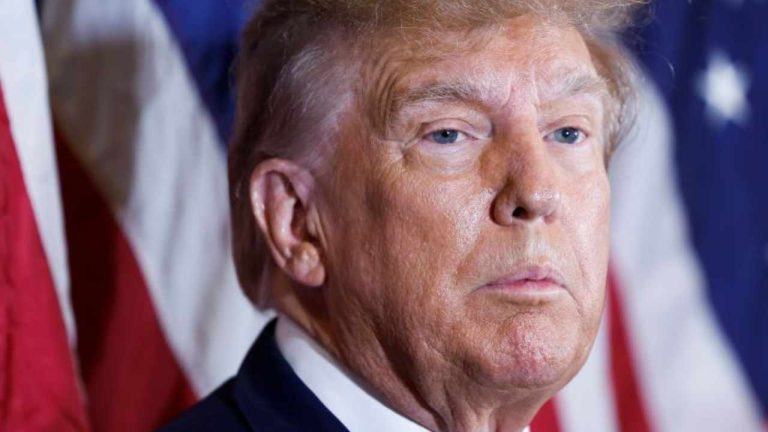Tokyo Electron shares dip alongside other chipmakers as US looks to invoke FDPR rule
Tokyo Electron Ltd shares experienced their highest devaluation in three months on Wednesday. The dip is said to be due to reports that the US is considering imposing its strictest restrictions to limit China’s advancements in semiconductor manufacturing.
Shares of Japan’s largest chip-making equipment maker slid downwards by 8.3%. This is the biggest intraday correction seen over the past quarter. China is the buyer of 20% of the equipment made and sold by Tokyo Electron, said Hiroshi Namiola, chief strategist of T&D Asset Management. He said the company is at the center of this case, and the developments are likely to affect the Japanese tech giant’s stock price, according to a report by Bloomberg.
Tokyo Electron won’t be allowed to export to China
The Biden administration has informed the allied countries that the US is considering applying the foreign direct rules (FDPR). Under these laws, firms such as Japan’s Tokyo Electron and the Netherlands’s ASML Holding will no longer be allowed to provide their equipment to Chinese chip companies. According to these rules, the US can impose controls on foreign-made products that use US technology.
Also read: ASML surpasses order estimates amid AI-driven chip equipment demand
Tokyo Electron is not the only one affected by the news of such discussions in the Biden administration. Shares of Advantest Corp. fell 2.5% on Wednesday, Screen Holdings shed 5.1%, and Disco Corp declined by 4.1% during intraday trading.
Tokyo Electron and ASML are some of China’s main suppliers of important semiconductor manufacturing machinery. However, along with these Asian and European companies, US companies such as KLA Corp., Applied Material Inc., and Lam Research Corp. are also among the suppliers.
The US is asking officials in Hague and Tokyo to tighten their own policies on exports of chip-making gear to China. In case they fail to do so, the US will invoke the rules, according to the people familiar with the recent developments in the American power corridors, said the report.
The US is urging its allies to tighten their own export restrictions
The United States is also weighing its options on imposing the measures and whether to impose foreign direct rule. The Bloomberg report said this is in response to US chipmaker firms getting frustrated at adhering to export restrictions to China while firms from allied countries are still exporting their products.
Also read: Chinese AI chip startups are reducing performance specs to secure TSMC access
Almost all chipmakers’ stock felt the jolt of the news. A further impact came from a Donald Trump interview with Bloomberg Businessweek. The interview was recorded earlier last month but published recently, in which he said that Taiwan should compensate the US for its defense. The Republican presidential candidate said,
“I know the people very well; I respect them very much. They took about 100% of our chip business. I think Taiwan should pay for our defense,”
He argued further that defending Taiwan offers no benefit to the United States. Taiwan Semiconductor Manufacturing Company (TSMC) is the maker of advanced chips used to power artificial intelligence applications. These chips are widely used across many industries, including smartphones, automobiles, and military aircraft.
Market analysts have a consensus that any conflict over Taiwan could disrupt the global economy, especially supply of semiconductor chips as TSMC is also the largest supplier of Nvidia. TSMC’s shares fell 2.3% on Wednesday following the news.






